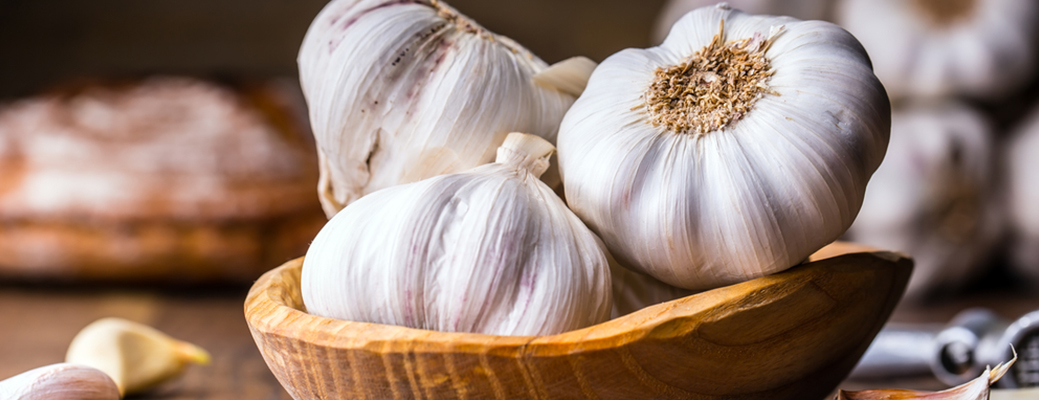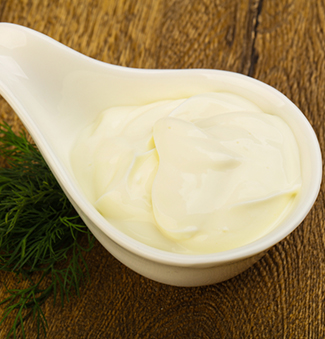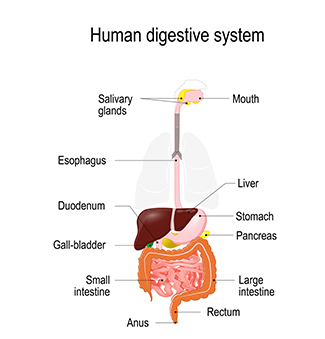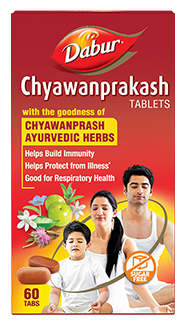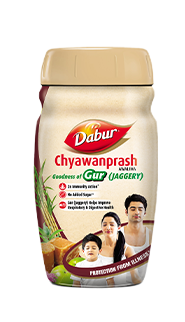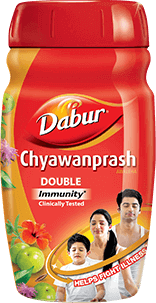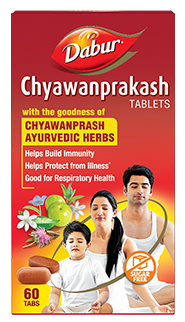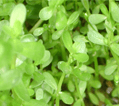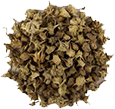Immune system
The immune system is the body’s defense mechanism. It forms the second line of defense, after physical barriers like the skin and the mucous membranes. It is located throughout the body and includes the thymus gland, the spleen, bone marrow and a vast network of lymph nodes. It is made up of many cells, proteins, tissues and organs. The main function of the immune system is to prevent and fight infection. A good immune system is necessary for proper functioning of the body. A weakened immune system can cause symptoms like frequent sickness, allergies, fatigue, digestive issues, delayed growth and slow development. A low immune function can be due to emotional stress, sleep deprivation, vitamin deficiencies, lack of physical exercise, over exposure to harmful ultraviolet (UV) sunrays, excessive use of antibiotics, exposure to environmental toxins, poor dietary habits and inadequate hygiene. Boosting the immune system is possible through lifestyle changes and some simple home remedies as recommended by Ayurveda.
Home remedies to improve immunity
1. Garlic:
Garlic fights against bacterial and viral infections and anti-inflammatory activity. It has a protective action against heart diseases and high level cholesterol. A small piece of garlic can be added daily in your diet to increase your immunity and maintain perfect health condition. 
2. Honey:
Honey works as a natural antioxidant, antibacterial and antimicrobial agent. It can help protect the body against viruses, fungi and bacteria. It improves the digestive system and helps relieve sore throat, regulates blood sugar, and treats cough and cold.

3. Turmeric:
Turmeric has antioxidants that are important for the immune system. Traditionally it has been used as an antibiotic. Turmeric contains Vitamin B6 and many minerals such as potassium, manganese and iron. It plays an important role in the functioning of different organ systems. It also contains curcumin which has antioxidant action. Hot milk mixed with 1 tsp of turmeric daily is beneficial. It should be added in your daily meals to boost immunity. 
4. Probiotic yogurt:
Probiotic yogurt contains billions of gut organisms. It can help strengthen the immune system. It helps in the development of white blood cells and antibodies. Yogurt taken daily can be beneficial. Smoothies can be made out of yogurt.

5. Lemon:
Lemon contains vitamin C. It plays an important role in boosting immunity. It helps the white blood cells to function properly so that they can respond quickly to infections. It helps in removing toxins from the body. It also helps maintaining your body weight. Drinking lemon water along with honey as a sweetener is a good practice. It is a tasty and healthy drink.

6. Green Tea:
Drinking green tea boosts immunity. Several compounds in green tea help increase “regulatory T cells” in the body. These cells play a key role in immune function. The antioxidants in green tea protects the body from damage. 2 to 3 cups of green tea daily are recommended daily for good results. 
7. Ginger:
Ginger is a commonly used herb. It can be consumed daily. Ginger helps boosts immunity. It also helps break down toxins accumulated in the body. It also helps reduce the risk of infections. Ginger also improves blood circulation.. Drink ginger tea twice a day to improve your immunity.

8. Vitamin D:
Vitamin D plays a key role in boosting the immune system. One must expose the body to early morning sunlight for 10 to 15 minutes daily to maintain the adequate amount of Vitamin D in the body. Try to include foods high in vitamin D.
9. Almonds:
Inadequate Vitamin E can affect the immune system’s ability to fight infections. Almonds are rich in vitamin E. They keep your immune system functioning properly. It also reduces the risk of heart diseases.

10. Chocolate:
Cocoa boosts immunity. It helps to maintain the cholesterol level in the body. Chocolates should be taken in small quantities as it can lead to sugar problems and weight gain.

Stress:
Stress affects every person at some point in our lives. The hallmarks of stress are headaches, pounding chest pains, uneasiness and an overall tense feeling. In the presence of stress, the immune system has to work harder to defend the body against threats to health. Stress can suppress the immune system to such a point that it is severely compromised.
Not enough exercise:
Our immune system cannot function well if our lifestyle is sedentary. Regular exercise can help the function of neutrophils. These cells can help kill disease causing germs that can negatively affect health.
Lack of sleep:
While sleeping, the cells in the blood fight infections and keep them at bay. So lack of sleep and fatigue can leave you vulnerable to infection.
Improper nutrition:
It is important to eat a well-balanced assortment of foods including fruits, vegetables and whole grain sources. These foods support the immune system by providing crucial vitamins, minerals, phytochemicals and antioxidants. Fatty junk foods should be avoided. Fats, especially polyunsaturated fats, tend to suppress the immune system. Sugar can inhibit phagocytosis, the process by which white blood cells work to destroy viruses and bacteria.
